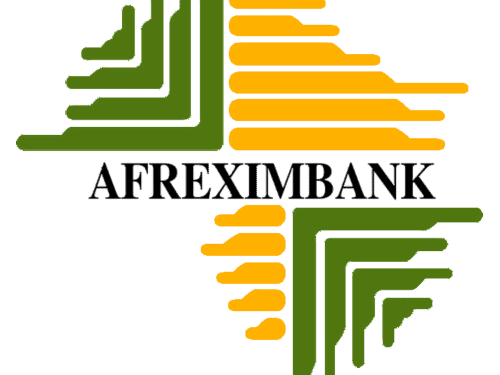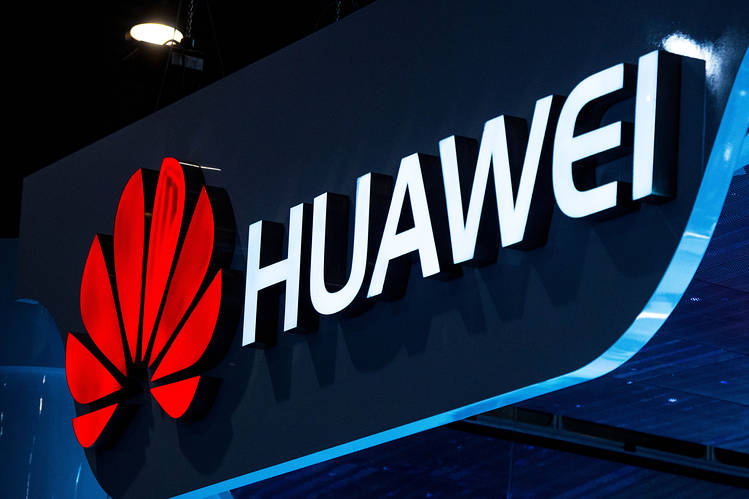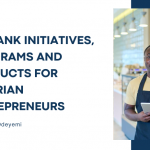The African Export-Import Bank (Afreximbank) has raised alarm over the persistent exclusion of micro, small and medium enterprises (MSMEs) from formal financing systems, despite their dominance in Africa’s business landscape. According to the bank’s Group Chief Economist, MSMEs account for more than 95 per cent of businesses on the continent, yet remain trapped in the shadows of finance with a funding gap estimated at $330 billion.
Delivering the keynote address at the G-20 SME Finance Forum 2025 in Johannesburg, the Afreximbank economist described the situation as unsustainable, warning that Africa’s long-term development ambitions could stall if its most important economic actors remain underfunded. He argued that global MSME financing requires a bold re-imagining, one that builds a financial architecture tailored to Africa’s realities—inclusive, resilient, and able to harness the continent’s entrepreneurial dynamism.
He outlined the structural obstacles holding back MSMEs, pointing to information opacity, the heavy dependence on collateral, policy incoherence, high costs of capital, weak digital infrastructure, and a persistent entrepreneurial skills gap. These challenges, he noted, have kept small businesses uncompetitive and unable to scale, even as they continue to generate the bulk of employment opportunities across Africa.
“MSMEs are the heartbeat of African economies, but the odds are stacked against them,” he said, stressing that unless governments, financial institutions and development partners work together to dismantle these barriers, the continent will remain locked in a cycle of underperformance.
The economist explained that Afreximbank is seeking to fill this gap by acting as an ecosystem builder rather than a traditional lender. Through a combination of tailored trade and project finance, equity and venture capital support provided via its Fund for Export Development in Africa (FEDA), the bank is deploying financing tools that are more flexible and adapted to small businesses. Beyond capital, Afreximbank is investing in trade facilitation infrastructure, entrepreneurship and compliance training, and designing targeted instruments for women and youth-led SMEs, two groups often excluded from mainstream finance.
He added that the bank’s approach is rooted in building long-term competitiveness, ensuring that African businesses are not only able to survive but can integrate into regional and global value chains. “We must move beyond ad-hoc lending schemes to sustainable ecosystems that reduce risk, build capacity, and create trust between MSMEs and financiers,” he said.
The call for reform comes at a time when African economies are grappling with sluggish growth, debt vulnerabilities, and rising unemployment, all of which have intensified the urgency of unlocking MSME finance. Analysts note that bridging the $330 billion financing gap would unleash significant economic potential, creating millions of jobs, expanding exports, and deepening industrialisation across the continent.
Industry observers at the forum agreed that building an inclusive financial architecture will require not only innovative financing instruments but also policy reforms to reduce collateral requirements, strengthen credit reporting systems, and leverage digital tools to widen access. The consensus was that MSMEs cannot continue to drive Africa’s economies while being excluded from the very financial lifelines they need to thrive.
For Afreximbank, the message was clear: a new era of MSME finance is overdue, one in which Africa’s small businesses are not seen as high-risk liabilities but as engines of inclusive growth and global competitiveness.










